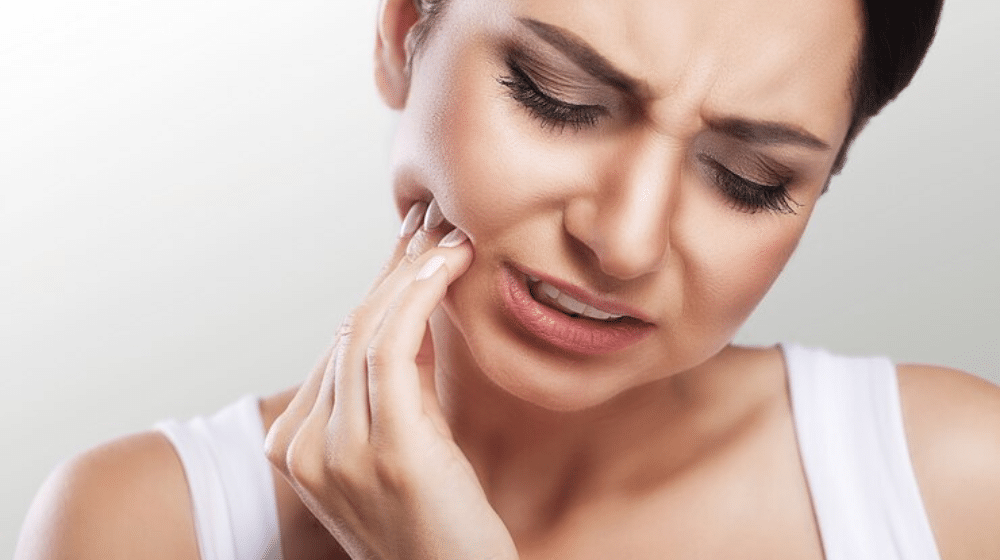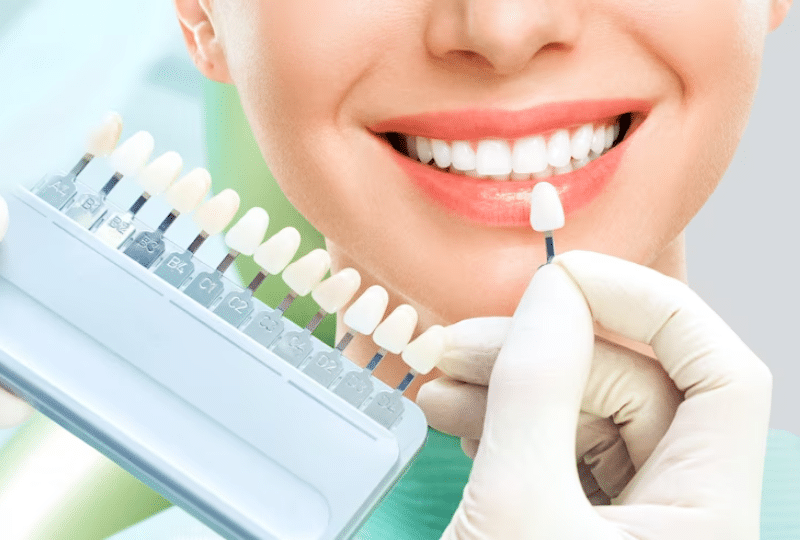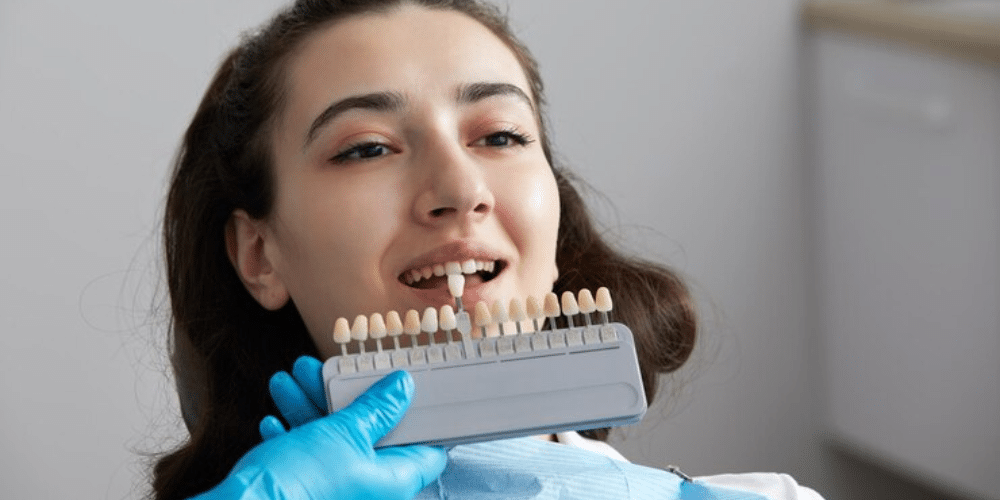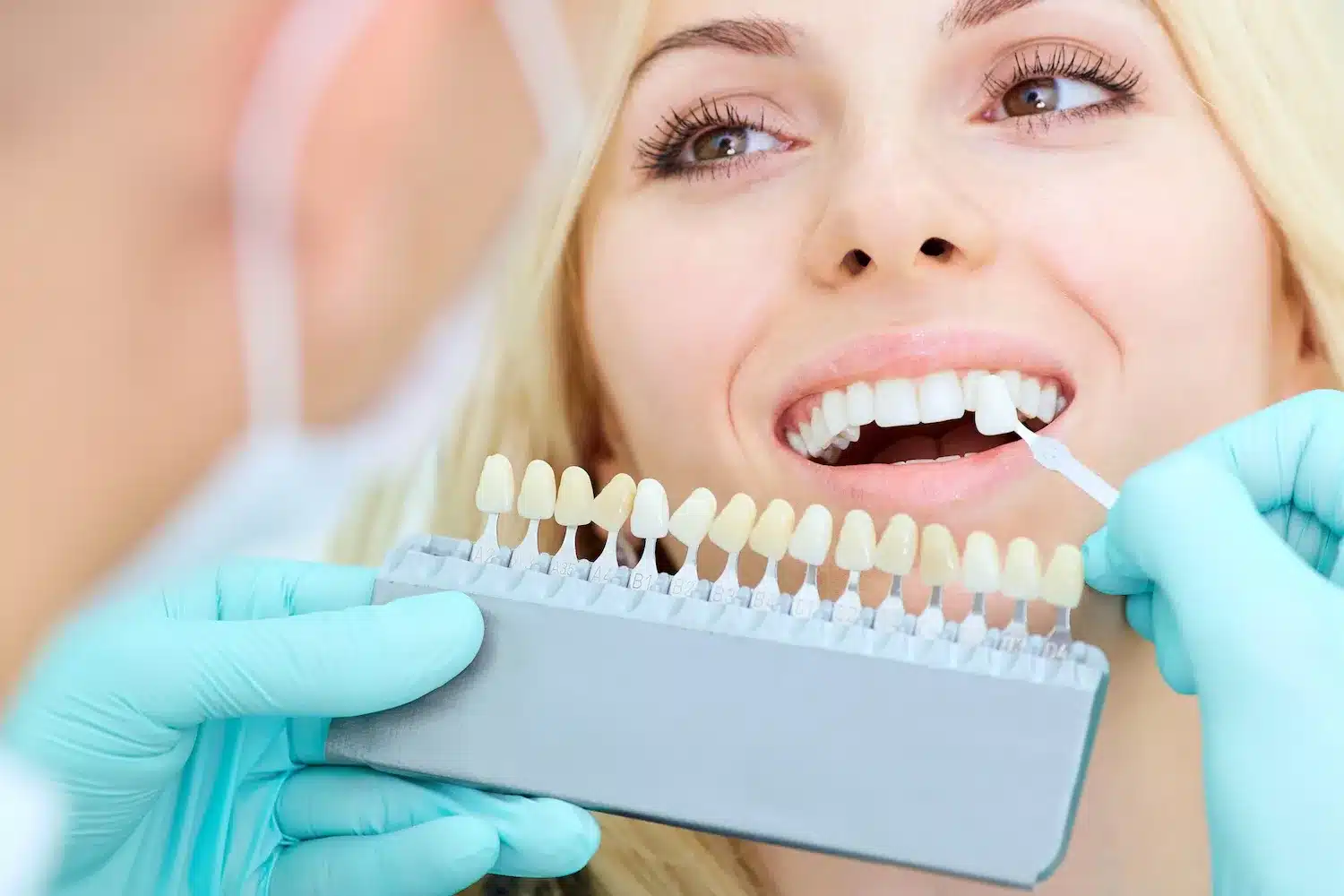
What to Do if You Have Major Pain After Dental Veneers

Are you experiencing major pain after getting dental veneers? Don’t worry, you’re not alone. While dental veneers are a popular cosmetic dentistry solution for achieving a perfect smile, it’s not uncommon to experience some discomfort or sensitivity after the procedure. But fear not! In this blog post, we’ll explore why you might be feeling pain and provide proactive steps to alleviate your discomfort. So sit back, relax, and get ready to find relief from that pesky post-veneer pain!
Understanding Dental Veneers

Dental veneers, also known as porcelain veneers or dental porcelain laminates, are thin shells made of tooth-colored materials that are custom-made to cover the front surface of teeth. They are a popular cosmetic dentistry option for enhancing the appearance of one’s smile.
Veneers can be used to address various dental issues such as discoloration, chips, cracks, gaps between teeth, and even misalignment. They provide a natural-looking solution by mimicking the color and shape of real teeth.
The process of getting dental veneers typically involves multiple visits to the dentist. During the initial consultation, your dentist will evaluate your oral health and discuss your goals and expectations. Then, they will prepare your teeth by removing a small amount of enamel to create space for the veneer. Impressions of your teeth will be taken and sent to a dental laboratory where skilled technicians will craft customized veneers for you.
Causes of Dental Veneer Pain
One of the main causes of dental veneer pain is improper placement or bonding. If the veneers are not properly aligned with your natural teeth or if there are gaps between them, it can result in discomfort and pain. This can occur if the dentist does not take enough time to ensure a proper fit.
Another cause of dental veneer pain is tooth sensitivity. The removal of a thin layer of enamel from your natural teeth during the preparation process for veneers can leave them more sensitive than usual. This sensitivity may subside over time as your teeth adjust to the new veneers, but it’s important to communicate any ongoing discomfort with your dentist.
In some cases, underlying issues such as tooth decay or gum disease may be causing the pain you’re experiencing after getting dental veneers. It’s possible that these conditions were present before the placement of the veneers but went unnoticed until now.
Additionally, biting down too hard on certain foods or objects can also lead to dental veneer pain. Veneers are strong and durable, but they are not indestructible. Avoiding excessive force when eating or chewing will help prevent any unnecessary discomfort.
It’s worth noting that while some discomfort immediately after getting dental veneers is normal due to inflammation and tissue adjustment, persistent and severe pain should never be ignored.
If you experience major pain after getting dental veneers, it’s crucial to reach out to your dentist as soon as possible for an evaluation and appropriate treatment options specific to your situation.
Proactive Steps to Alleviate Pain
If you’re experiencing major pain after getting dental veneers, it’s important to take proactive steps to alleviate your discomfort. Here are some strategies that may help:
1. Communicate with your dentist: Let your dentist know about the pain you’re experiencing. They can assess the situation and determine if there’s an issue with the veneers that needs to be addressed.
2. Take over-the-counter pain relievers: Non-prescription medications such as ibuprofen or acetaminophen can provide temporary relief from dental pain. However, it’s essential to follow the recommended dosage and consult a healthcare professional if needed.
3. Practice good oral hygiene: Maintaining proper oral hygiene is crucial for preventing complications and reducing discomfort. Brushing twice a day, flossing regularly, and using mouthwash will help keep your gums healthy and minimize irritation.
4. Avoid extreme temperatures: Sensitive teeth after getting veneers are common, so try to avoid consuming extremely hot or cold foods and drinks until the sensitivity subsides.
5. Use desensitizing toothpaste: Specialized toothpaste designed for sensitive teeth can provide relief by blocking nerve signals in your teeth.
Remember, these proactive steps are not meant as a substitute for professional advice; always consult with your dentist before making any changes or trying new remedies.
As we wrap up this discussion on what to do if you experience major pain after getting dental veneers, it’s important to remember that every individual’s experience may vary. It’s crucial to seek professional help from your dentist if you are experiencing ongoing or severe pain after the procedure.
Remember, dental veneers can be a great solution for enhancing your smile and boosting your confidence. However, like any dental treatment, there is a potential for discomfort or sensitivity during the adjustment period.
If you find yourself in pain following the placement of dental veneers, don’t panic! Take proactive steps such as using over-the-counter pain relievers as recommended by your dentist and applying cold compresses to reduce inflammation.
Additionally, make sure to maintain good oral hygiene by brushing gently with a soft-bristled toothbrush and using non-abrasive toothpaste. Avoid consuming excessively hot or cold foods and beverages that may aggravate sensitivity.
Communication with your dentist is key. They can provide personalized advice based on their knowledge of your specific situation. So reach out to them at the first sign of persistent pain or discomfort.
In conclusion (without concluding), know that while some level of discomfort after receiving dental veneers is initially normal, significant ongoing pain should not be ignored. Follow these proactive steps and consult with your dentist for proper guidance tailored specifically to you.
FAQs
Q: How long does dental veneer pain last?
A: The duration of dental veneer pain can vary from person to person. In most cases, any discomfort or sensitivity should subside within a week or two after the procedure. However, if the pain persists beyond that timeframe or becomes increasingly severe, it is important to consult with your dentist.
Q: Are there any home remedies for alleviating dental veneer pain?
A: While it’s best to consult with your dentist for proper guidance and treatment, there are some home remedies you can try to alleviate mild discomfort. These include rinsing your mouth with warm saltwater, applying a cold compress to the affected area, taking over-the-counter pain relievers as directed by your dentist or pharmacist, and avoiding hot and cold foods/beverages.
Q: Can I eat normally after getting dental veneers?
A: Yes, once the initial period of sensitivity subsides and you feel comfortable doing so, you can resume eating normally. It is recommended to start with softer foods initially and gradually reintroduce harder items into your diet.
Q: What should I do if my dental veneers become loose or fall off?
A: If you notice that one or more of your dental veneers have become loose or fallen off completely, contact your dentist immediately. They will be able to assess the situation and provide appropriate recommendations for repair or replacement.









